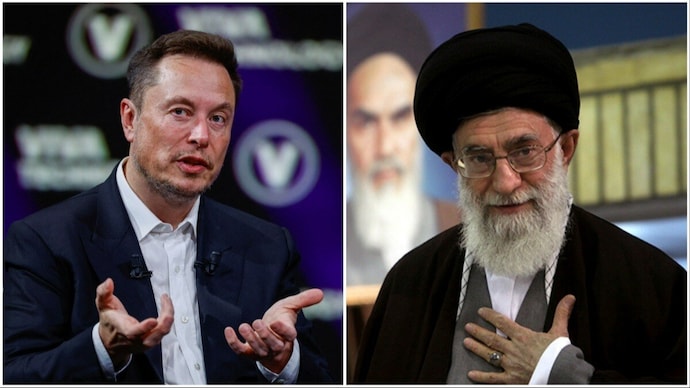US Presidential Envoy for Special Assignments Richard Grenell has urged SpaceX CEO Elon Musk to provide free Starlink access across Iran so that his “friends” can have uninterrupted “access to information.”
“Can you turn on Starlink for free in Iran for the next few weeks, @elonmusk? My friends inside Iran don’t have regular access to information right now. I’ll chip in a donation, and I think others would, too,” wrote Grenell, the former acting Director of National Intelligence, in a post on X.
Musk has not yet responded to the request, at least not publicly. The billionaire previously said that the “beams are on,” indicating the service is technically available – although accessing Starlink requires a special satellite dish to receive and transmit signals.
Meanwhile Iran’s government is threatening citizens with prosecution if they set up Starlink satellite-internet dishes, even as activists smuggle the equipment across the country’s borders to bypass a sweeping wartime blackout.
The Information and Communications Technology Ministry used state outlets over the weekend to declare Starlink terminals “illegal” and to remind Iranians that importing or operating one “will expose offenders to the full force of the law.” The warning follows an eleven-day shutdown that has left much of the country offline since Israeli and American forces began striking Iranian military and nuclear sites on June 13.
Starlink’s Strategic Power
Starlink, operated by Musk’s company SpaceX, offers high-speed, low-latency internet via a constellation of satellites orbiting the Earth. Unlike traditional internet, it is difficult for authoritarian regimes to censor or shut down due to its decentralized infrastructure.
In global conflict zones like Ukraine, Starlink has already proven indispensable. It has enabled frontline troops to coordinate, operate drones, and maintain encrypted communications, even as traditional networks were destroyed or jammed. Similar benefits could be critical in Iran, where activists often face total internet blackouts imposed by the state during protests.
A Tool for Rebellion?
The Iranian regime has long used internet shutdowns to control the flow of information and suppress dissent. During the 2022 Mahsa Amini protests, activists smuggled a limited number of Starlink terminals into the country to bypass these blackouts. The devices allowed real-time sharing of video evidence, communication between protest cells, and exposure of state violence to the international community.
If deployed at scale, Starlink could significantly bolster Iran’s protest movement. Here’s how:
Secure Communication: Activists could coordinate without fear of surveillance or disruption.
Global Visibility: Live footage of protests and government crackdowns could reach the world instantly, applying diplomatic and media pressure.
Drone Support: As in Ukraine, protesters might adapt drones for surveillance or symbolic protest — coordinated via Starlink.
Organizational Capacity: With internet access, opposition movements can strategize, plan protests, and engage diaspora communities for support.
Despite its promise, significant challenges stand in the way of widespread Starlink use in Iran:
Import Difficulty: Starlink terminals are illegal in Iran. Smuggling them in is risky and difficult, especially at scale.
Surveillance Risk: The government can potentially detect the devices’ signals, making users vulnerable to arrest.
Cost and Supply: Without external funding or Elon Musk’s support, distributing terminals freely is nearly impossible.
Legal Gray Areas: As Starlink is not officially licensed in Iran, Musk’s direct support could spark diplomatic backlash or legal consequences.
Could Starlink Spark a Revolution?
The potential is there — but technology alone cannot cause a revolution. For Starlink to truly act as a revolutionary tool, it must be paired with:
Widespread deployment of devices, safe operating protocols for users, Organizational support and training, External advocacy and protection.
Without these elements, Starlink might remain a powerful symbol — but not a decisive catalyst.
Starlink represents more than just internet access; it’s a lifeline in the information war. As authoritarian regimes tighten their grip on communication, technologies like Starlink offer a rare opening one that activists, governments, and tech leaders may increasingly leverage.
The Trump envoy’s appeal to Elon Musk isn’t just about connectivity, it’s a recognition that in the 21st century, control of information is control of power. Whether Musk will heed the call remains to be seen.








